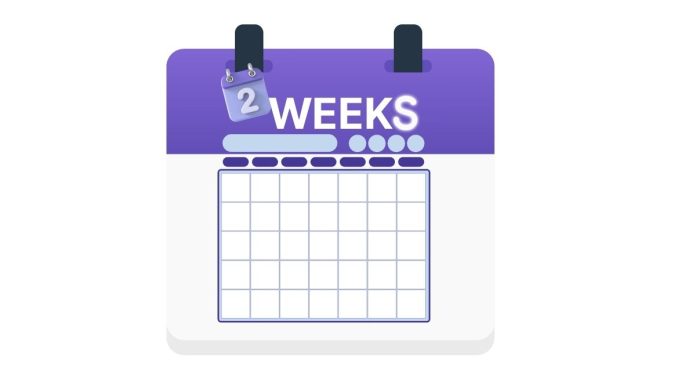Check Company Policy
- Before you submit your resignation, review your company’s policy to ensure you’re following the proper procedure (for example, in case there are any specific forms or guidelines to follow).
Draft a Formal Resignation Letter
- Keep it professional: The resignation letter should be clear, concise, and polite. You don’t need to go into detail about why you’re leaving.
- Include essential information:
- Your name and position
- Date of your resignation letter
- Statement of resignation
- Your last working day (typically two weeks from the date of the letter)
- Gratitude for the opportunity to work with the company
- Offer to assist in the transition (if you’re able to)
Sample resignation letter:
[Your Name]
[Your Position]
[Company Name]
[Date]
Dear [Manager’s Name],
I am writing to formally resign from my position as [Job Title] at [Company Name], effective two weeks from today, [Last Working Day, typically two weeks from the date of your letter].
I have greatly appreciated the opportunity to work with you and the team. It has been a rewarding experience, and I am thankful for the support and opportunities I’ve received during my time here.
I am happy to assist with the transition and ensure a smooth handover of my responsibilities. Please let me know how I can help during this time.
Thank you again for the opportunity.
Sincerely,
[Your Full Name]
Notify Your Supervisor in Person
- If possible, it’s a good idea to inform your direct manager face-to-face or via a video call (especially if you work remotely).
- Be brief but polite in your explanation for leaving, and provide your resignation letter after the conversation.
What to say:
- “I wanted to let you know in person that I’ve decided to resign from my position. My last working day will be [date]. I truly appreciate the opportunity to work here.”
Submit Your Resignation Letter
- After your conversation, submit your resignation letter via email (if you haven’t already handed it over in person).
- Keep a copy of your resignation letter for your records.
Offer to Assist in Transition
- Offer to train your replacement or assist in the transition process to leave on good terms.
- Provide clear documentation or a handover for your responsibilities.
Wrap Up Your Work
- During your remaining time, aim to finish any outstanding tasks, document your work, and make the transition as smooth as possible.
Stay Professional
- Even if you’re leaving due to negative reasons, always remain professional during your notice period. The way you leave can affect your reputation and future references.



